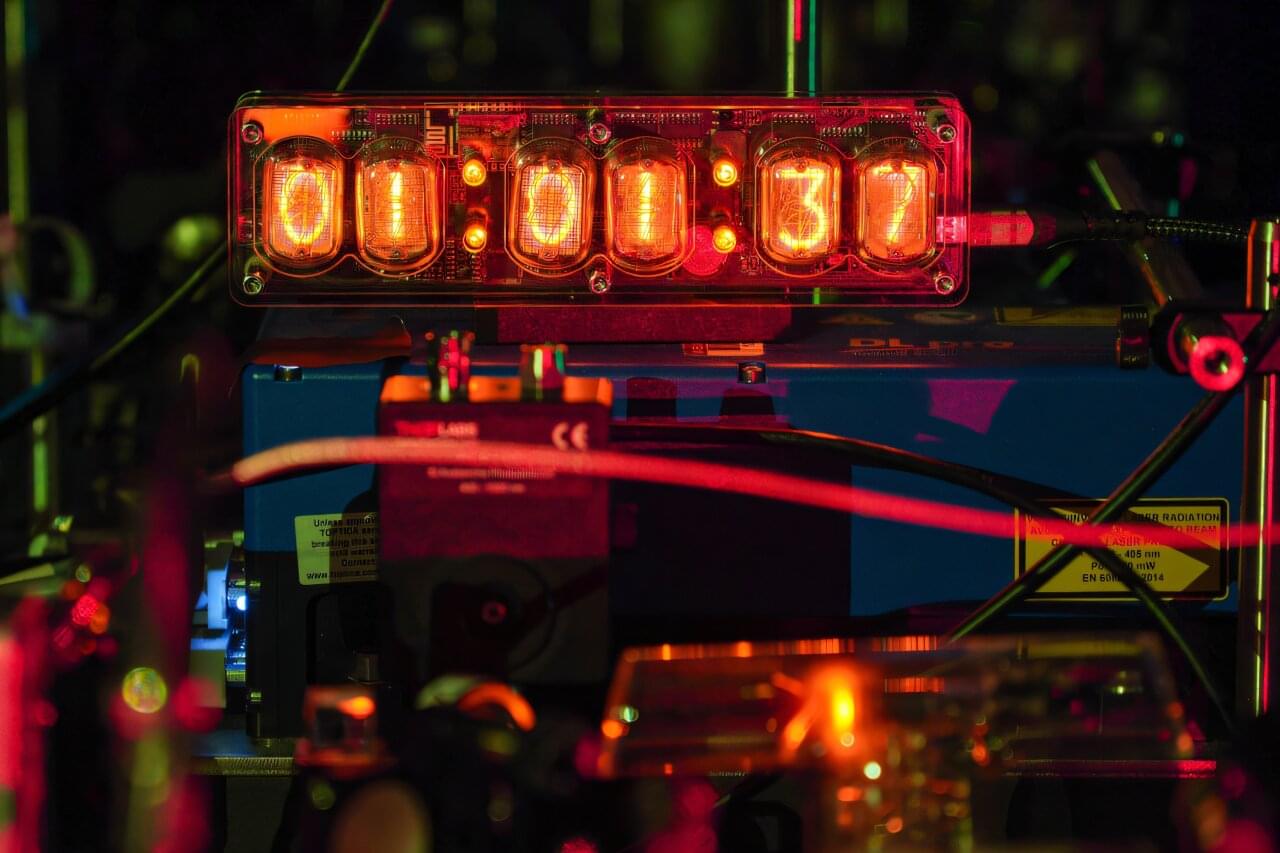A deep blue organic light-emitting diode (OLED) developed by researchers at Science Tokyo operates on just a single 1.5 V, overcoming the high-voltage and color-purity problems that have long limited blue OLEDs. The breakthrough was achieved by introducing a new molecular dopant that prevents charge trapping, a problem that previously hampered the performance of low-voltage OLEDs. The resulting device produces sharp blue emissions that meet BT.2020 standards, paving the way towards brighter, more energy-efficient displays.
Organic light-emitting diodes (OLEDs) are widely used in large-screen televisions and smartphone displays. Yet, among the three primary colors needed for full-color technology—red, green, and blue—the blue emitters remain the most challenging. They demand higher energy, often requiring driving voltages above 3 V, and suffer from limited long-term stability.
Now, the research team led by Associate Professor Seiichiro Izawa of the Materials and Structures Laboratory at Institute of Science Tokyo (Science Tokyo), Japan, has achieved a breakthrough in the field of OLEDs. The research team also included Professor Yutaka Majima, doctoral students Qing-jun Shui and Hiroto Iwasaki, and Master’s student Daiki Nakahigashi, all from the Frontier Materials Research Institute, Science Tokyo. They developed a deep blue OLED capable of being powered by just a single 1.5 V battery.








